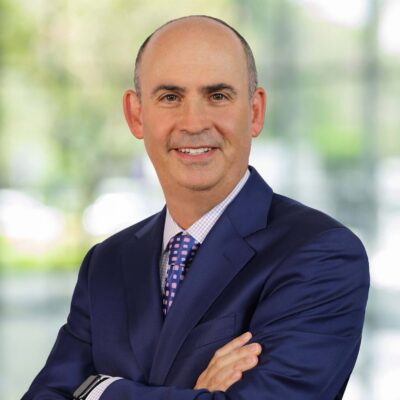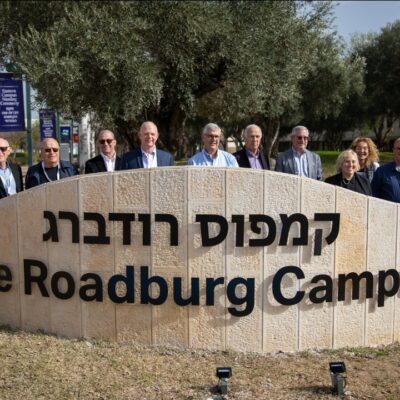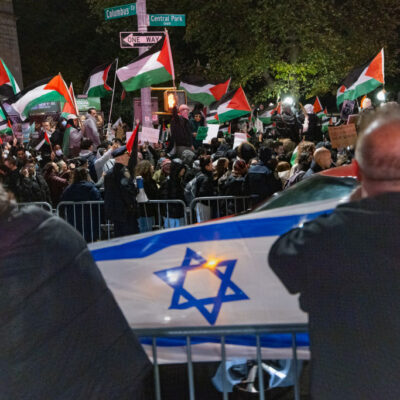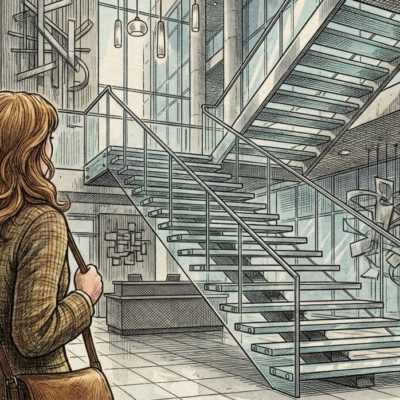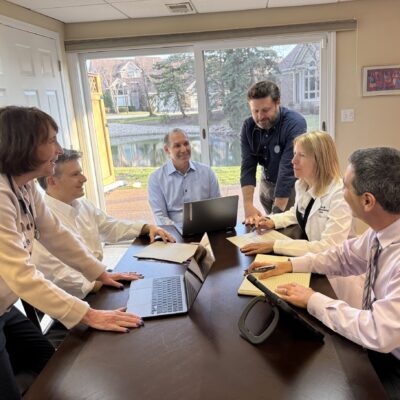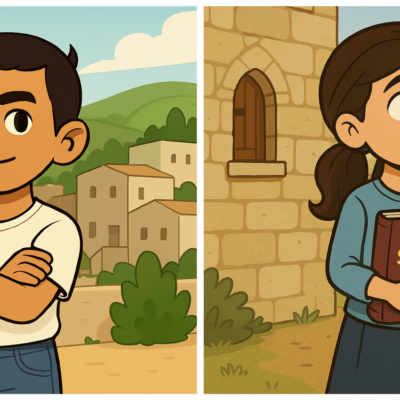Opinion
REFUGEE SHABBAT
Yearning to breathe free
This weekend, hundreds of synagogues across North America and around the world will mark the 6th Annual Refugee Shabbat. The event is organized by HIAS, the storied organization founded more than a century ago and responsible for the rescue of hundreds of thousands of Jewish refugees. Today, HIAS is on the front line of organizations advocating for more compassionate and sustainable policies for refugees around the world who may not be Jewish but whose well-being goes to the very core of Jewish teachings about the preciousness of human life and the obligation to protect the stranger in our midst.
Last week, I participated in a rabbinic delegation to the Mexican border, organized by HIAS, to see how the United States is trying to control the influx of asylum seekers into this country. We learned about the various administrative procedures and executive orders that have been put in place since the Trump administration to restrict the entry of foreign nationals into our country. Even though President Joe Biden has used “kinder and gentler” language than his predecessor in discussing migrants, the current policies make it no easier for individuals who are fleeing criminal gangs and political violence in their countries to enter the U.S., even though that is a right guaranteed by international human rights law.
An adult and two children walk through the Rio Grande at the U.S.-Mexico border while crossing into into El Paso, Texas from Ciudad Juarez, Mexico, on Jan. 31, 2024. After crossing through razor wire they were then allowed to proceed for further processing by U.S. Border Patrol agents. Photo by John Moore/Getty Images
It is impossible to experience what transpires at the Mexico-U.S. border without recalling how many Jews faced similar scenarios in the not-so-distant past. My own father was born in Berlin and was encouraged by his parents to accept an invitation from an aunt and uncle in Brooklyn to leave Nazi Germany. He left two weeks before Kristallnacht, in October 1938, and he came to the U.S. on the last successful voyage of the St. Louis. The next voyage of the St. Louis, in May 1939, came to be called “the voyage of the damned” because the U.S. refused entry to the more than 900 Jewish refugees aboard who were fleeing Europe, and the boat was forced to return to Germany.
Tens of thousands of American Jews can tell similar stories about how their parents or grandparents fled for their lives and survived, due to the willingness of some other country to permit them entry.
During our visit to the border, we met a mother of two children under the age of 10, who fled Honduras, hoping to gain entry into the United States. She was living temporarily in a shelter in Tijuana. Her husband had been killed several months ago, a victim of the violence that so many asylum seekers face in the course of their attempt to bring their families to safety, trekking hundreds of miles, often on foot. Under current policies, the chances that this Honduran mother can gain entry into the United States are slim to none. Thousands of asylum seekers resort to hiring “coyotes” to smuggle them into the U.S. illegally, even though these individuals are often connected to crime syndicates that charge exorbitant fees and have a history of abusing or even killing their “clients” once they’ve taken their money.
According to reports, a bipartisan group of senators is currently negotiating legislation that would place a cap on asylum seekers and expand detention and deportation of asylum seekers. President Biden has promised to sign this bill, not only because it is the “price” that Republicans have demanded to approve a large aid package to support Israel and Ukraine and in their respective military struggles, but also because American public opinion has turned very hostile against all forms of migration of foreign nationals into the country.
This is yet another example about how the politics of fear, polarization and xenophobia have poisoned the soul of America. Many Americans take pride in talking about their country as a “land of immigrants,” a place where people fleeing persecution can find safety, economic opportunity and democracy. We quote with pride the Jewish poet Emma Lazarus whose words adorn the Statue of Liberty: “Give me your tired, your poor/Your huddled masses yearning to breathe free…”
This is not the first time that America has turned its back on its more altruistic and aspirational principles. Throughout American history, public figures have sown seeds of hatred in our body politic that have led to intolerance and persecution of those who are not “American” enough — usually those of other races and religions. It has also led to attempts to close our borders to others who are seeking safety and a better life for their families. We live in such a time now.
Jews are no longer the desperate immigrants at the borders, but both our history and our Jewish values call upon us to raise our voices to say that America is big enough, wealthy enough and secure enough to continue to serve as a haven to the “huddled masses yearning to breathe free.”
I walked among those huddled masses last week. We need to be their allies.
Rabbi Sid Schwarz is the director of the Clergy Leadership Incubator (CLI), a national fellowship for rabbis on visionary leadership. He is also the founding rabbi of Adat Shalom Reconstructionist Congregation in Bethesda, Md.

 Add EJP on Google
Add EJP on Google

